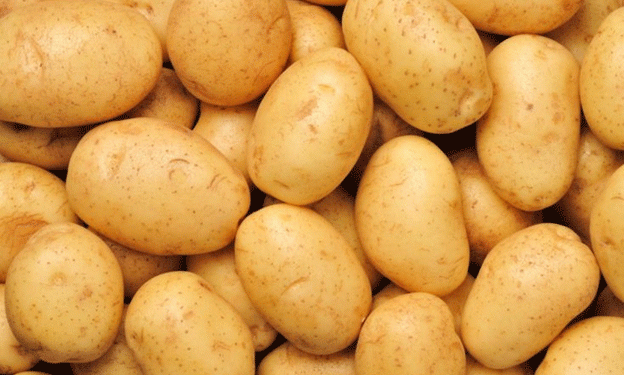The recent evaluation meeting on fall cultivation of processing potatoes at the Saemangeum reclaimed land in Jeollabuk-do highlights the ongoing efforts to improve potato production through soil enhancement and innovative agricultural practices. With over 100 participants, including farmers, agricultural researchers, and processing industry representatives, the event focused on assessing the growth of various potato varieties and discussing potential challenges and improvements.
Advancements in Soil Management for Potato Cultivation
On September 24, the Rural Development Administration (RDA) conducted a field evaluation aimed at enhancing the cultivation of processing potatoes in reclaimed areas. Recent soil surveys in Saemangeum have shown promising results, with an increase in land areas exhibiting a salinity level below 0.1%. This reduction in salinity is crucial for establishing a sustainable agricultural base that supports diverse crop production.
The Saemangeum area features well-drained, high-quality soil, which, when combined with reduced salinity levels, creates favorable conditions for potato growth. RDA research conducted between 2015 and 2016 on fall processing potato varieties indicated that the “Daeseo” variety could yield an impressive 24 tons per hectare under optimal conditions. This finding underscores the potential for Saemangeum to serve as a significant hub for domestic potato processing.
Potential to Reduce Import Dependence
With the mechanization of processing potato cultivation, there is optimism that domestic production could partially substitute imported processing potatoes. The ability to cultivate high-yielding varieties in Saemangeum aligns with national goals of increasing self-sufficiency in agricultural products, particularly in light of recent supply chain disruptions caused by global events.
During the evaluation meeting, participants emphasized the need for in-depth research into stable production methods and improvements in processing quality. The focus on refining cultivation techniques for processing potatoes will be vital for meeting market demands and enhancing the competitiveness of locally grown potatoes.
Commitment to Enhancing Agricultural Sustainability
Lee Geon-hwi, a researcher at the RDA’s Crop Physiology Division, expressed a strong commitment to establishing effective cultivation techniques for processing potatoes in reclaimed areas. He emphasized that these efforts would not only increase the domestic self-sufficiency rate of processing potatoes but also enhance the agricultural viability of reclaimed lands.
The combination of improved soil conditions, advanced cultivation methods, and a focus on quality processing standards creates a promising outlook for the potato industry in South Korea. As farmers and agricultural scientists continue to collaborate, the potential for Saemangeum to emerge as a leading producer of processing potatoes looks increasingly feasible.
The evaluation meeting at Saemangeum marks a significant step towards realizing the region’s potential in processing potato cultivation. By addressing soil salinity, optimizing crop varieties, and enhancing production techniques, South Korea can move closer to achieving self-sufficiency in processing potatoes. These advancements not only contribute to local agriculture but also support the broader goal of sustainable food production in a changing climate.






